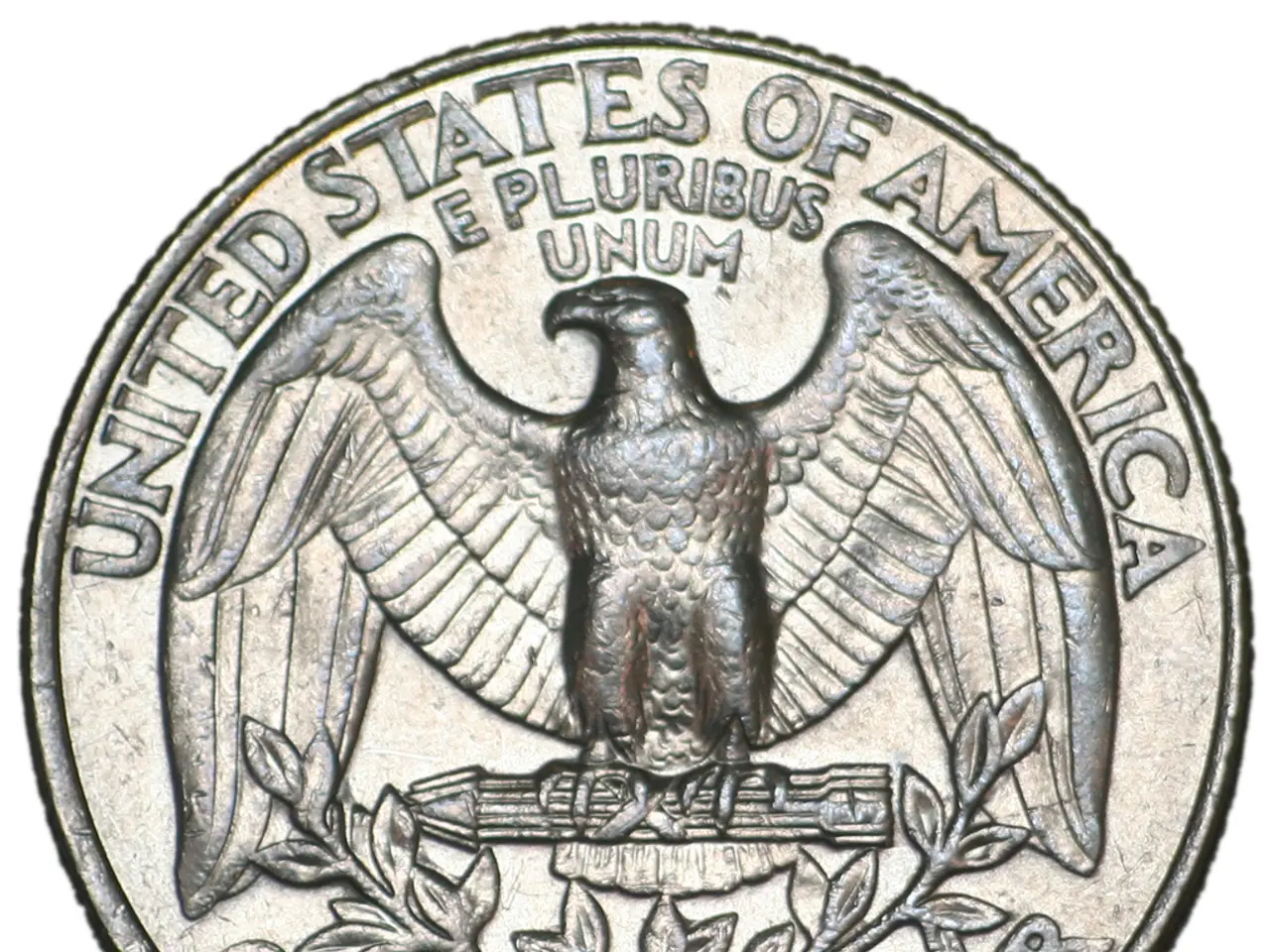Web3's Tokenized Assets under Scrutiny after Linq's Bankruptcy Filing
In a significant development for the crypto industry, Fintech platform Linqto, Inc. filed for Chapter 11 bankruptcy on July 7. The bankruptcy proceedings could impact more than 10,000 creditors.
The collapse of Linqto has sparked a wave of concerns, particularly surrounding investor protection, ownership legitimacy, and regulatory oversight in the tokenized assets market. Linqto's structure of investment offerings through series of limited liability companies has raised doubts about whether investors ever held legal title to the shares.
Linqto's most sought-after investment product was secondary market shares of U.S.-based fintech firm Ripple Labs Inc. Linqto claimed to hold approximately 4.7 million Ripple shares. However, Ripple CEO Brad Garlinghouse stated that Ripple has never had a business relationship with Linqto and stopped approving more Linqto purchases on secondary markets in late 2024.
The U.S. Securities and Exchange Commission (SEC) has launched an investigation into Linqto, examining whether the platform's former executives misrepresented the nature of the investments and permitted ineligible investors to buy securities. The SEC investigation also aims to determine whether Linqto's customers were led to believe they held actual shares, but may have only owned indirect "representative units" with uncertain legal status.
The SEC investigation and Linqto's bankruptcy have highlighted the fragility of tokenized asset platforms. Linqto's Chief Restructuring Officer stated that former executives knowingly failed to cure extensive and serious securities law violations that began as early as 2020. Allegations of long-standing mismanagement have been raised against Linqto.
The Shiba Inu ecosystem is listening to the Linqto bankruptcy, viewing it as a cautionary tale for trustless, transparent systems. Shibarium, part of the Shiba Inu ecosystem, is exploring the future of tokenized real-world assets and decentralized private investments. Shibarium aims to ensure true ownership and access through community, not confusion.
The Linqto case serves as a reminder of the importance of regulatory clarity in the crypto space. Concerns about tokenized assets in Web3 following Linqto's bankruptcy center on investor protection, ownership legitimacy, and regulatory oversight. This has alarmed investors, regulators, and the market, spurring calls for stricter regulatory frameworks to clarify investor rights and strengthen protections around tokenized ownership, especially for retail investors who may misunderstand the complex legal and financial nature of such instruments.
In summary, Linqto's bankruptcy negatively impacts the perceived legitimacy of tokenized ownership claims by revealing structural risks in SPV-backed tokens, raising doubts about actual equity rights versus creditor status, and prompting increased regulatory scrutiny on Web3 asset tokenization platforms.
- Despite the significant development in the crypto industry with Linqto's bankruptcy, the Shiba Inu ecosystem, focusing on the future of tokenized real-world assets, emphasizes the importance of true ownership and access through community, aiming to avoid the confusion associated with claims of equity rights.
- The Shibarium, part of the Shiba Inu ecosystem, is exploring the future of decentralized private investments, recognizing the importance of regulatory clarity in the crypto space, particularly in ensuring investor protection and legitimacy of ownership, following the Linqto bankruptcy.




